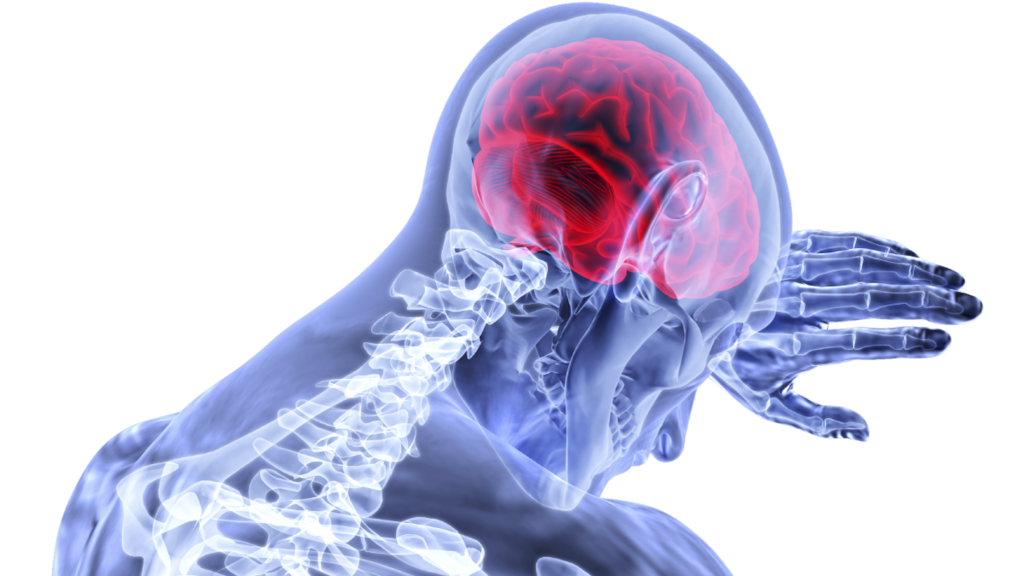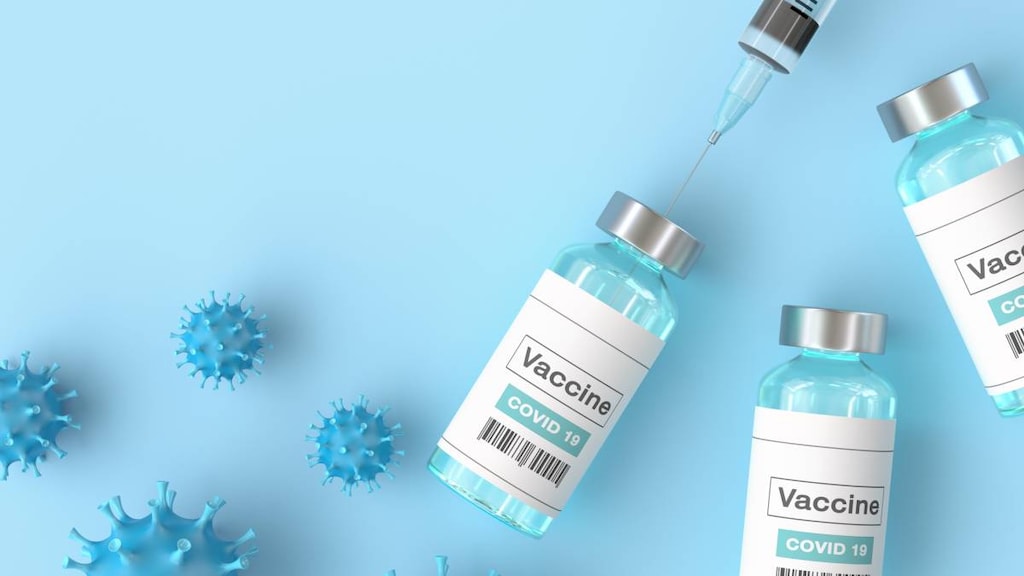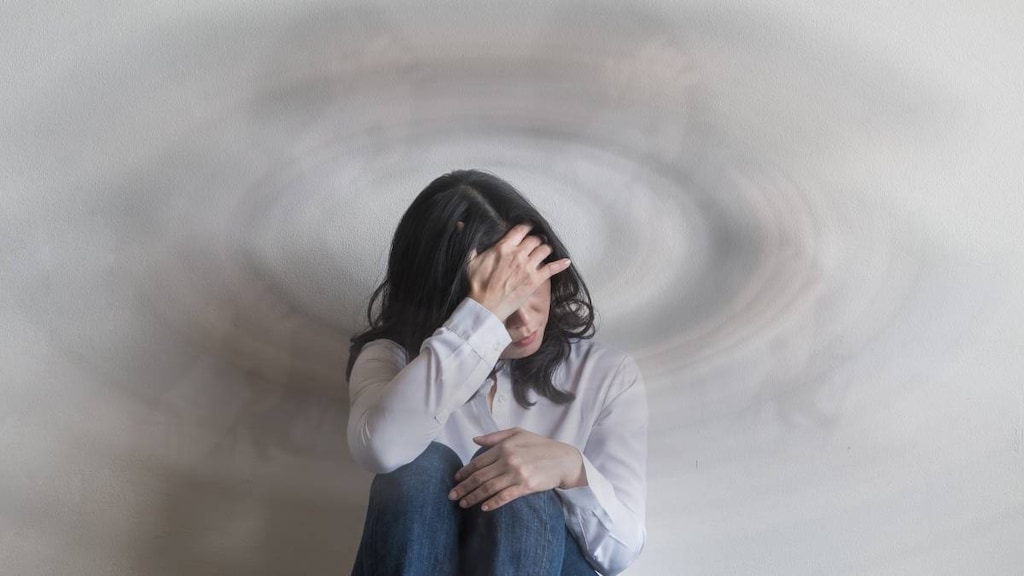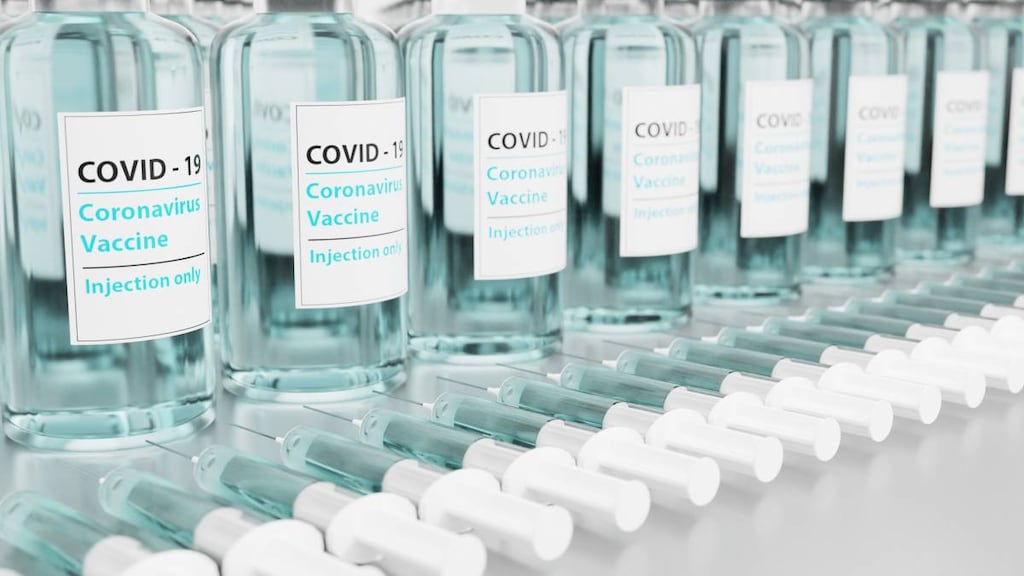COVID-19: Uncovering associated neurological conditions

COVID-19, the new disease caused by the coronavirus SARS-CoV-2, was first thought of as a respiratory disease. However, it has now been linked to the development of various neurological conditions and in particular cerebrovascular disease.
Earlier this year a weekly multidisciplinary team meeting was set up at the National Hospital for Neurology and Neurosurgery (NHNN), Queen Square in London and run in partnership with infectious disease and virology colleagues at University College London Hospital (UCLH). The purpose of the virtual weekly meeting was to discuss and better understand neurological disorders that appear to be related to COVID-19.
In July 2020, the multidisciplinary team published information about the emerging spectrum of neurological disorders they encountered among the 43 COVID-19 patients referred to them. Of the 43 patients, 29 were diagnosed via a positive PCR (polymerase chain reaction) test, 8 were considered probable cases and 6 were classed as possible cases. Their COVID-19 symptoms ranged from mild to critical.
What did the COVID-19 multidisciplinary team meeting (COVID-MDT) uncover?
The 43 patients presented with a wide range of neurological symptoms including confusion, seizure, involuntary movements, and limb numbness and weakness. Hallucinations also occurred in some of the patients, including one who though they saw lions and monkeys and another who thought they saw people in their house and things flying around the room.
Five major categories of neurological disorders were identified among the 43 COVID-19 cases investigated by the team. The categories included:
-
Encephalopathies with delirium/psychosis and no distinct MRI or CSF (cerebrospinal fluid) abnormalities
-
Inflammatory central nervous system (CNS) syndromes, including encephalitis and acute disseminated encephalomyelitis (ADEM), or acute demyelinating encephalomyelitis)
-
Ischemic strokes
-
Peripheral neurological disorders, including Guillain-Barre Syndrome (GBS) and brachial plexopathy
-
Miscellaneous central disorders
Key features of the neurological disorders were also reported by the group and included the following observations:
-
All eight CSF samples tested for SARS-CoV-2 using PCR testing were negative for the virus.
-
No autoantibodies were detected in the serum or CSF samples tested that would usually be seen in autoimmune related encephalomyelitis and encephalitis.
-
D-dimer levels were not only elevated in those patients who had had a stroke, but were also elevated in all the other groups. D-Dimer is a small protein fragment (a fibrin degradation product) found in the blood after a blood clot is broken down by enzymes. Blood clots had previously been identified as a complication of key concern in patients with COVID-19.
-
While the cases of GBS were not unexpected, the number of cases presenting with ADEM, and in particular ADEM cases associated with hemorrhagic change, was described by the group as “striking”.
-
Strokes tended to be severe in the COVID-19 patients and were often associated with blood clots. An unexpected finding, however, was the high frequency of small bleeds in the brain (cerebral microbleeds) seen in some of the patients.
What happened to the 43 COVID-19 patients who developed neurological disorders?
| Category | Patient Status |
|
10 patients |
7 - full recovery 2 - partial recovery 1 - not stated |
|
12 patients |
1 - full recovery 10 - partial recovery 1 - death |
|
8 patients |
7 - ongoing/incomplete recovery 1 - death |
|
8 patients |
6 - partial and ongoing recovery 2 - no improvement |
|
5 patients |
1 - full recovery 3 - partial recovery 1 - no improvement |
Ongoing research needed into neurological complications associated with COVID-19
While the neurological complications observed in patients with COIVD-19 are similar to those seen in patients with Severe Acute Respiratory Syndrome (SARS) and Middle East Respiratory Syndrome (MERS), which are also coronaviruses, further research is needed to uncover which COVID-19 patients are most at risk from such compilations and the best way to treat them.
Follow up is also needed to understand the long-term consequences of neurological complications in patients with COVID-19.
Article references
- Paterson RW, Brown RL, Benjamin L, et al, the UCL Queen Square National Hospital for Neurology and Neurosurgery COVID-19 Study Group. The emerging spectrum of COVID-19 neurology: clinical, radiological and laboratory findings. Brain. awaa240, https://doi.org/10.1093/brain/awaa240. [Accessed July 16, 2020].




